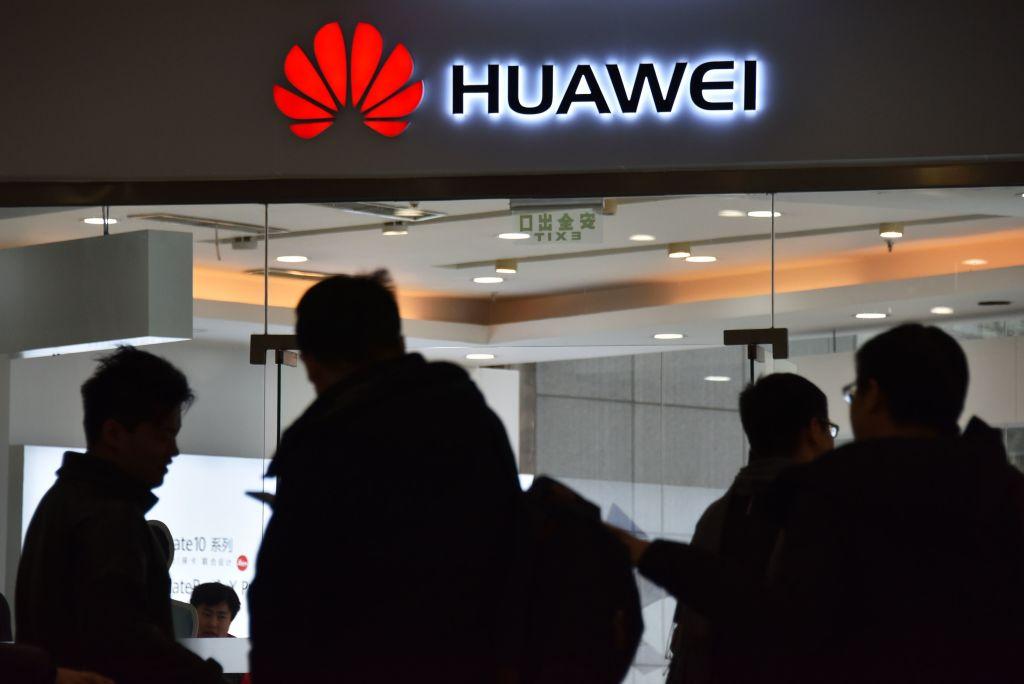Amid news of Huawei executive Meng Wanzhou’s arrest in Canada at Washington’s request, U.S. companies and the Trump administration have expressed concern that the Chinese regime may retaliate broadly against U.S. individuals.
The United States is considering issuing a new travel advisory to U.S. citizens visiting China, two sources familiar with the situation told Reuters on Dec. 11.
“Such an advisory from the State Department would warn U.S. nationals of the risk that China could retaliate against them for the detention of Huawei Chief Financial Officer Meng Wanzhou,” Reuters reported.
Meng, chief financial officer of Huawei, was arrested Dec. 1 in Vancouver, Canada, on charges of violating U.S. sanctions on Iran. After three days of court hearings, she was granted bail on Dec. 11, agreeing to pay $7.5 million bail and be subject to 24/7 surveillance, among other conditions.
On Dec. 12, U.S. Commerce Secretary Wilbur Ross downplayed the idea that a travel advisory was being considered. “We haven’t made any announcement and, as far as I know, haven’t made any decision about a travel advisory,” he told CNBC in an interview.
Days earlier, there had been rumblings from U.S. firms, expressing concern of potential retaliation against companies operating in China. At a scheduled security meeting among U.S. executives held in Singapore on Dec. 6, attendees discussed the risk of backlash in China.
Some said they would consider limiting non-essential travel to China and move meetings outside the country, according to a Reuters report.
Hong Kong newspaper South China Morning Post also reported that U.S. tech firm Cisco recently sent an email to staff asking them to forgo non-essential travel to China, citing some Cisco employees who received the email. Cisco responded in an emailed statement that the note had been “sent in error to some employees” and “does not reflect Cisco policy. We have not implemented restrictions on travel and normal business travel to China continues.”
But what appears to be retaliation has already commenced. Michael Kovrig, who at one time served as a Canadian diplomat and helped with Prime Minister Justin Trudeau’s official trip to Hong Kong in 2016, was recently detained by Chinese authorities. Kovrig had been working in China with the think tank International Crisis Group.
A U.S. State Department representative told reporters on Dec. 11 that the administration is concerned about Kovrig’s detention.
“We’ve urged China to end all forms of arbitrary detention and to respect the protections and freedoms of all individuals under China’s international human rights and consular commitments,” the State Department representative said.
News of Kovrig’s detention emerged days after China’s foreign ministry had warned in a statement of “grave consequences” should Canada refuse to release Meng.
The state-run newspaper Beijing News reported Dec. 12 that Kovrig was being investigated by Chinese security officials on allegations of “engaging in activities that harm China’s state security.” This charge is broadly applied, commonly to punish dissidents.A former assistant U.S. trade representative under former President Barack Obama also told CNBC that the Chinese regime could “crack down” on U.S. firms doing business in China.
“Every American firm that does business in China is vulnerable, because Chinese laws are extremely vague. There is no way to get an official clarification. So people, in order to do business, have to work in that murky regulatory environment,” Jeff Moon said in a Dec. 6 interview.
Chinese Side
The South China Morning Post also reported Dec. 12 that Chinese researchers in high-tech sectors have been instructed not to take “unnecessary trips” to the United States.
The newspaper, citing anonymous sources, reported that an internal memo at a research agency instructed staff to remove sensitive information from their electronic devices if they chose to travel to the United States.
Reuters contributed to this report.





